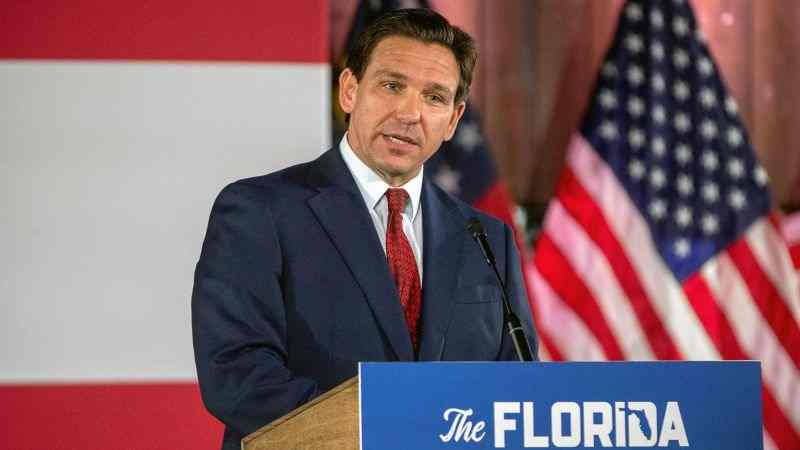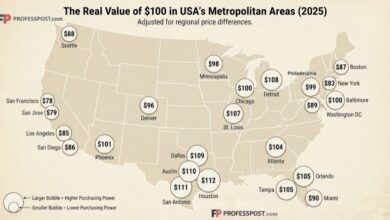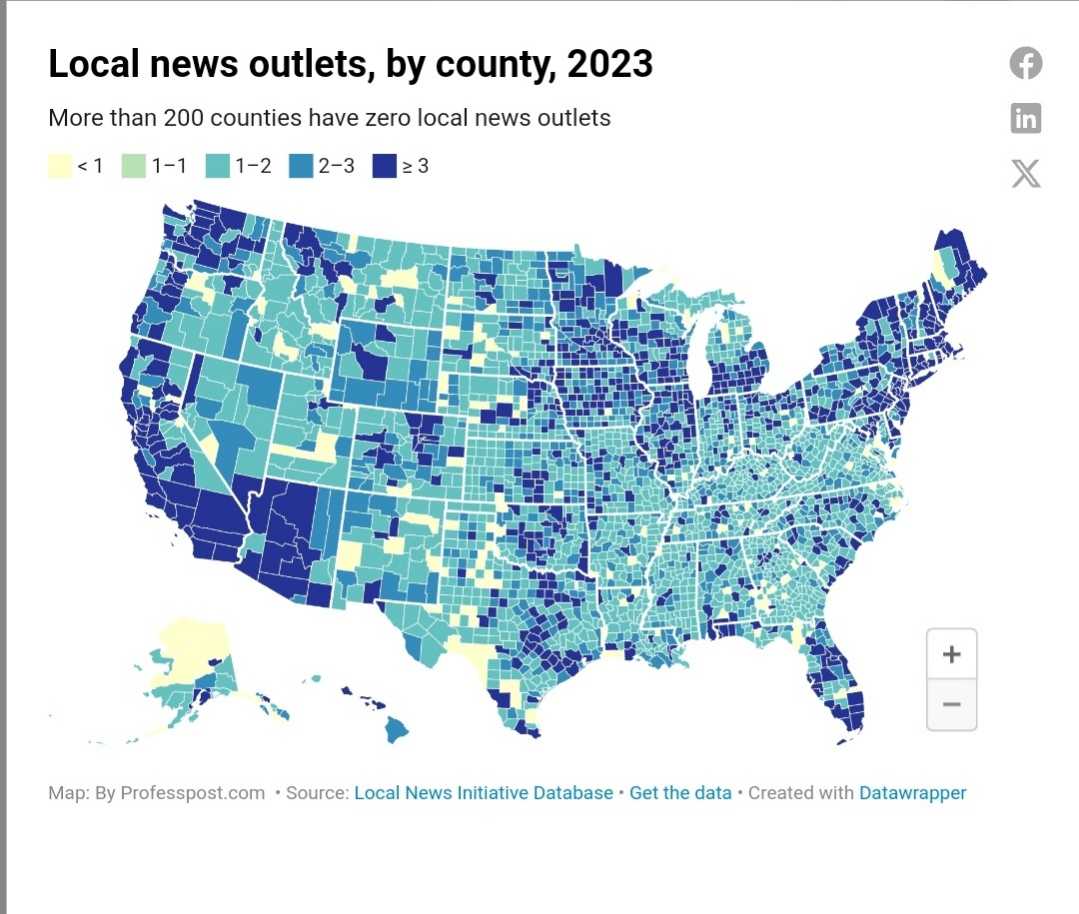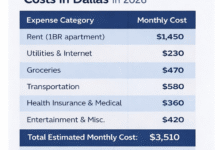Restaurants in New York will face fines for including a typical takeout add-on with their to-go orders

New York is taking steps to reduce plastic waste by imposing fines on restaurants and third-party delivery services that offer disposable utensils, soy sauce packets, and similar items to customers without prior request.
New York City revealed its “Skip the Stuff” bill at the end of June, with the objective of curbing plastic usage by imposing fines on restaurants and delivery services that provide unrequested plastic items such as ketchup and cutlery. There’s a grace period for food vendors and delivery services to adjust, as the enforcement of fines won’t commence until July 2024. Until that date, any violations will result in warnings, according to Bloomberg.
The timing of this new rule aligns perfectly with the growing popularity of takeout and delivery. It has the potential to promote greater awareness of plastic usage among both businesses and consumers, thereby reducing the environmental impact of single-use plastics.
For restaurant patrons, the “Skip the Stuff” bill means fewer unnecessary takeout items cluttering your space and a decreased risk of ketchup packets bursting open and spoiling your meal.
From an environmental perspective, the benefits are substantial. While individual items like hot sauce packets or plastic spoons might appear insignificant, more than half of these utensils end up in landfills rather than being recycled. Many find their way into waterways, posing a threat to water sources and marine wildlife.
Andrew Rigie, the executive director of the NYC Hospitality Alliance, expressed satisfaction with the law’s emphasis on education, its initial warning approach for violations, and the responsibility placed on third-party delivery apps to assist restaurants in compliance, according to Bloomberg.
Raine Manley (@rainemanley), regional digital campaign director at the Natural Resources Defense Council, tweeted about the signing of the “#SkipTheStuff” law by @nycmayor. She described this moment as a culmination of years of effort and a crucial step towards New York City’s reduction of single-use plastics.







